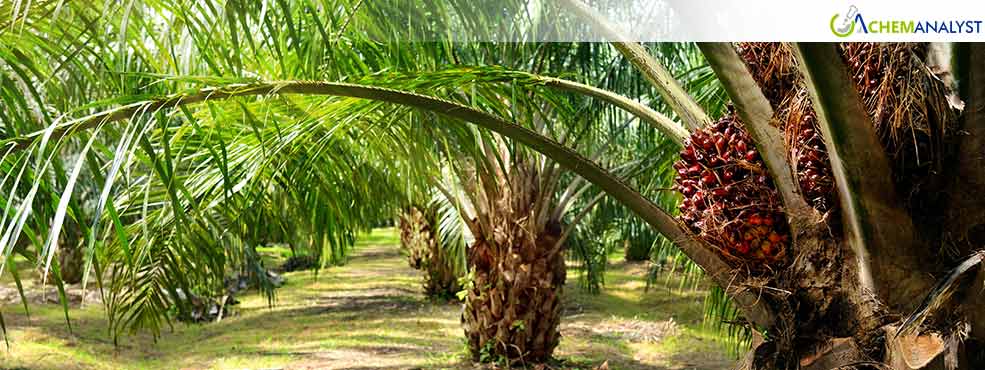Welcome To ChemAnalyst

Sri Lanka's palm oil industry is facing a precarious future, standing on the brink of collapse due to a persistent cultivation ban and allegations of a powerful "palm oil mafia" manipulating imports for illicit profits. The ban, initially imposed in 2021 following widespread environmental and social concerns, now clashes with the development of environmentally sustainable oil palm varieties and the country's growing reliance on expensive imports.
The initial ban on oil palm cultivation came after a Select Committee, comprising experts from various agricultural and environmental bodies, highlighted significant risks associated with its large-scale expansion. Their 2021 findings pointed to threats to traditional crops like rubber, tea, and coconut, unsustainable land conversion, excessive water consumption (up to 600 liters per tree daily in the dry season), and the depletion of groundwater sources.
However, the ban has been met with strong opposition from oil palm cultivators who argued a lack of concrete research to support the claims. Adding a new dimension to the debate, a joint study by the University of Moratuwa and the University of Peradeniya in 2023 resulted in the development of environmentally sustainable oil palm varieties. These new strains reportedly mitigate water pollution, even allowing for water reuse. Despite the successful research and potential for eco-friendly cultivation, the government has yet to lift the ban.
This inaction, coupled with a ban on imports, has created a critical situation. With 13,000 acres already cultivated out of a 20,000-acre target, the existing plantations are aging, threatening to wipe out domestic production within the next 3-4 years. This collapse would force Sri Lanka to import an estimated 500 tons of palm oil daily, costing a staggering $360 million annually – a significant burden on the nation's struggling economy. Currently, palm oil constitutes a substantial 75% of Sri Lanka's edible oil consumption.
Amidst this looming crisis, serious allegations have emerged of a "palm oil mafia" operating within the import sector. Powerful companies are bribing officials to maintain the cultivation ban, effectively crippling local production. This allows them to import unrefined palm oil from countries like Malaysia and Indonesia and re-export it to India as processed palm oil. This practice exploits a significant duty discrepancy, with direct imports to India facing a 100% duty, while those from Sri Lanka incur only a 5% duty. A customs spokesperson confirmed that the volume of palm oil re-exported through this route is not accurately recorded, with instances of duty-free exports to India also reported.
Furthermore, these companies are reportedly engaging in fraudulent practices by mixing imported palm oil with locally produced rice bran oil to maximize profits before exporting to India.
Despite evidence suggesting the feasibility of coexisting oil palm and coconut cultivation, and Sri Lanka's pioneering adoption of environmentally friendly Palm Oil Mill Effluent (POME) management technologies, the cultivation ban remains in place.
When questioned about the possibility of lifting the ban and addressing the alleged mafia, Director General of the Central Environmental Authority, Pathmasiri Moonamale, stated that no companies have formally requested permission for new cultivation based on the new environmental reports. He added that the CEA would evaluate any such requests and look into the reported import and export irregularities.
We use cookies to deliver the best possible experience on our website. To learn more, visit our Privacy Policy. By continuing to use this site or by closing this box, you consent to our use of cookies. More info.
